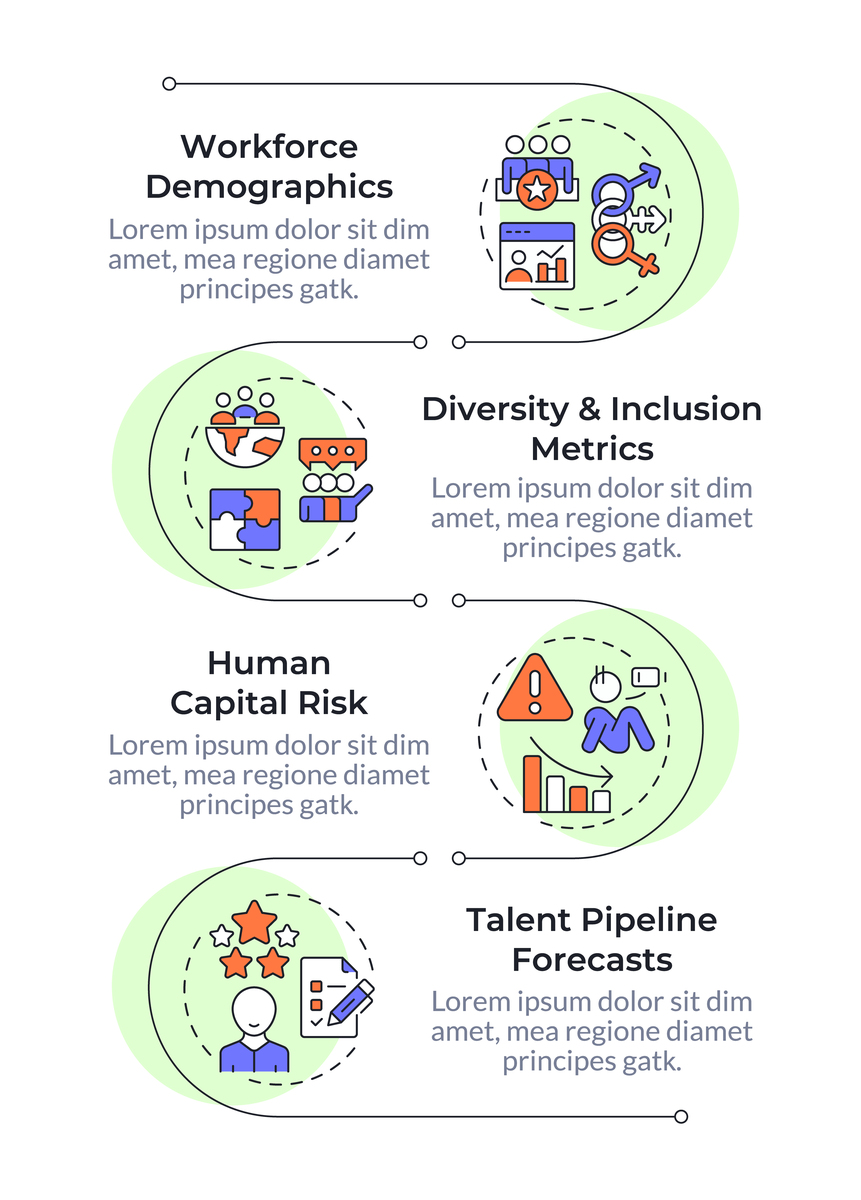MindSpore ResNet Implementation for Image Classification
import numpy as np
import mindspore.dataset as ds
import cv2
import mindspore.nn as nn
import os
from mindspore import context, ops
from mindspore.train.callback import ModelCheckpoint, CheckpointConfig, LossMonitor, TimeMonitor
from mindspore.train import Model
from mindspore.nn.metrics import Accuracy
np.random.seed(58)
class ResidualBlock(nn.Cell):
expansion = 1
def __init__(self, in_channels, out_channels, stride=1, downsample=None):
super(ResidualBlock, self).__init__()
self.conv1 = nn.Conv2d(in_channels, out_channels, kernel_size=3, stride=stride, pad_mode='same')
self.bn1 = nn.BatchNorm2d(out_channels)
self.relu = nn.ReLU()
self.conv2 = nn.Conv2d(out_channels, out_channels, kernel_size=3, stride=1, pad_mode='same')
self.bn2 = nn.BatchNorm2d(out_channels)
self.downsample = downsample
self.stride = stride
def construct(self, x):
identity = x
out = self.conv1(x)
out = self.bn1(out)
out = self.relu(out)
out = self.conv2(out)
out = self.bn2(out)
if self.downsample is not None:
identity = self.downsample(x)
out += identity
out = self.relu(out)
return out
class ResNet(nn.Cell):
def __init__(self, block, layers, num_classes=34):
super(ResNet, self).__init__()
self.in_channels = 64
self.conv1 = nn.Conv2d(1, 64, kernel_size=7, stride=2, pad_mode='valid')
self.bn1 = nn.BatchNorm2d(64)
self.relu = nn.ReLU()
self.maxpool = nn.MaxPool2d(kernel_size=3, stride=2, pad_mode='valid')
self.layer1 = self.make_layer(block, 64, layers[0])
self.layer2 = self.make_layer(block, 128, layers[1], stride=2)
self.layer3 = self.make_layer(block, 256, layers[2], stride=2)
self.layer4 = self.make_layer(block, 512, layers[3], stride=2)
self.avgpool = nn.AvgPool2d(kernel_size=3, stride=1, pad_mode='valid')
self.fc = nn.Dense(512 * block.expansion, num_classes)
def make_layer(self, block, out_channels, blocks, stride=1):
downsample = None
if (stride != 1) or (self.in_channels != out_channels * block.expansion):
downsample = nn.SequentialCell([
nn.Conv2d(self.in_channels, out_channels * block.expansion, kernel_size=1, stride=stride),
nn.BatchNorm2d(out_channels * block.expansion)
])
layers = []
layers.append(block(self.in_channels, out_channels, stride, downsample))
self.in_channels = out_channels * block.expansion
for _ in range(1, blocks):
layers.append(block(self.in_channels, out_channels))
return nn.SequentialCell(layers)
def construct(self, x):
x = self.conv1(x)
x = self.bn1(x)
x = self.relu(x)
x = self.maxpool(x)
x = self.layer1(x)
x = self.layer2(x)
x = self.layer3(x)
x = self.layer4(x)
x = self.avgpool(x)
x = ops.Reshape()(x, (ops.Shape()(x)[0], -1))
x = self.fc(x)
return x
class TrainDatasetGenerator:
def __init__(self, file_path):
self.file_path = file_path
self.img_names = os.listdir(file_path)
def __call__(self, index=0):
data = cv2.imread(os.path.join(self.file_path, self.img_names[index]))
label = int(self.img_names[index][0])-1
data = cv2.resize(data, (100, 100))
data = data.transpose().astype(np.float32) / 255.
label = np.array([label])
return (data, label)
def __len__(self):
return len(self.img_names)
def train_resnet():
context.set_context(mode=context.GRAPH_MODE, device_target='CPU')
train_dataset_generator = TrainDatasetGenerator('D:/pythonproject2/digital_mindspore/dataset')
ds_train = ds.GeneratorDataset(train_dataset_generator, ['data', 'label'], shuffle=True)
ds_train = ds_train.shuffle(buffer_size=10)
ds_train = ds_train.batch(batch_size=4, drop_remainder=True)
valid_dataset_generator = TrainDatasetGenerator('D:/pythonproject2/test1')
ds_valid = ds.GeneratorDataset(valid_dataset_generator, ['data', 'label'], shuffle=True)
ds_valid = ds_valid.batch(batch_size=4, drop_remainder=True)
network = ResNet(ResidualBlock,[2,2,2,2])
net_loss = nn.SoftmaxCrossEntropyWithLogits(sparse=True, reduction='mean')
net_opt = nn.Momentum(network.trainable_params(), learning_rate=0.01, momentum=0.9)
time_cb = TimeMonitor(data_size=ds_train.get_dataset_size())
config_ck = CheckpointConfig(save_checkpoint_steps=10,
keep_checkpoint_max=10)
config_ckpt_path = 'D:/pythonproject2/ckpt/'
ckpoint_cb = ModelCheckpoint(prefix='checkpoint_lenet', directory=config_ckpt_path, config=config_ck)
model = Model(network, net_loss, net_opt, metrics={'Accuracy': Accuracy()})
epoch_size = 10
print('============== Starting Training =============')
model.train(epoch_size, ds_train, callbacks=[time_cb, ckpoint_cb, LossMonitor()])
acc = model.eval(ds_valid)
print('============== {} ============='.format(acc))
epoch_size = 10
print('============== Starting Training =============')
model.train(epoch_size, ds_train, callbacks=[time_cb, ckpoint_cb, LossMonitor()])
acc = model.eval(ds_valid)
print('============== {} ============='.format(acc))
epoch_size = 10
print('============== Starting Training =============')
model.train(epoch_size, ds_train, callbacks=[time_cb, ckpoint_cb, LossMonitor()])
acc = model.eval(ds_valid)
print('============== {} ============='.format(acc))
if __name__ == '__main__':
train_resnet()
WARNING: Logging before InitGoogleLogging() is written to STDERR
[ERROR] MD(12736,153,?):2023-4-4 11:17:52 [mindspore\ccsrc\minddata\dataset\util\task.cc:67] operator()] Task: GeneratorOp(ID:3) - thread(339) is terminated with err msg: Exception thrown from PyFunc. Invalid data, Generator should return a tuple of NumPy arrays, currently returned is not a tuple.
Line of code : 95
File : D:\jenkins\agent-working-dir\workspace\Compile_CPU_Windows\mindspore\mindspore\ccsrc\minddata\dataset\engine\datasetops\source\generator_op.cc
[ERROR] MD(12736,153,?):2023-4-4 11:17:52 [mindspore\ccsrc\minddata\dataset\util\task_manager.cc:217] InterruptMaster] Task is terminated with err msg(more detail in info level log):Exception thrown from PyFunc. Invalid data, Generator should return a tuple of NumPy arrays, currently returned is not a tuple.
Line of code : 95
File : D:\jenkins\agent-working-dir\workspace\Compile_CPU_Windows\mindspore\mindspore\ccsrc\minddata\dataset\engine\datasetops\source\generator_op.cc
The error message indicates that the Generator function should return a tuple of NumPy arrays, but it is not returning a tuple. You need to modify the `__call__` method of the `TrainDatasetGenerator` class to return a tuple of NumPy arrays. Here's an updated implementation of the `TrainDatasetGenerator` class:
```python
class TrainDatasetGenerator:
def __init__(self, file_path):
self.file_path = file_path
self.img_names = os.listdir(file_path)
def __call__(self, index=0):
data = cv2.imread(os.path.join(self.file_path, self.img_names[index]))
label = int(self.img_names[index][0])-1
data = cv2.resize(data, (100, 100))
data = data.transpose().astype(np.float32) / 255.
label = np.array([label])
return (data, label)
def __len__(self):
return len(self.img_names)
In the updated implementation, the __call__ method is now returning a tuple of NumPy arrays (data, label).

原文地址: https://www.cveoy.top/t/topic/mREv 著作权归作者所有。请勿转载和采集!